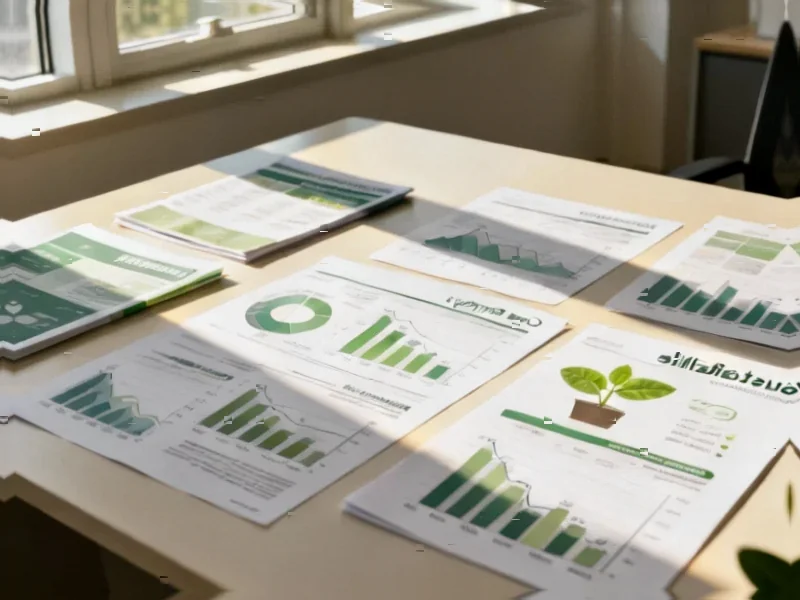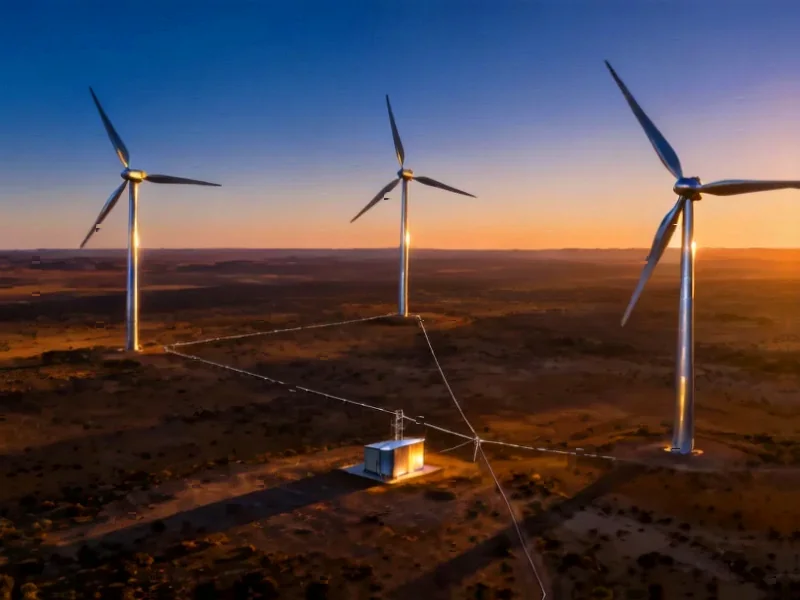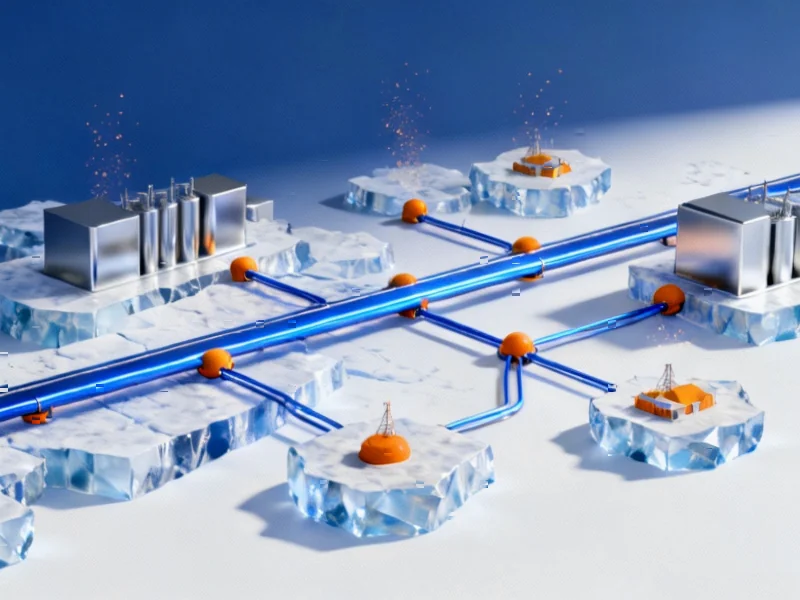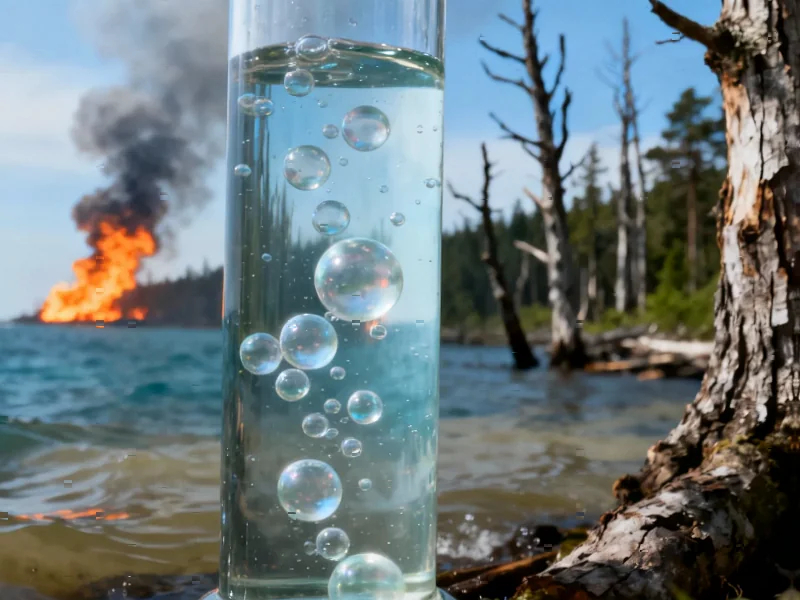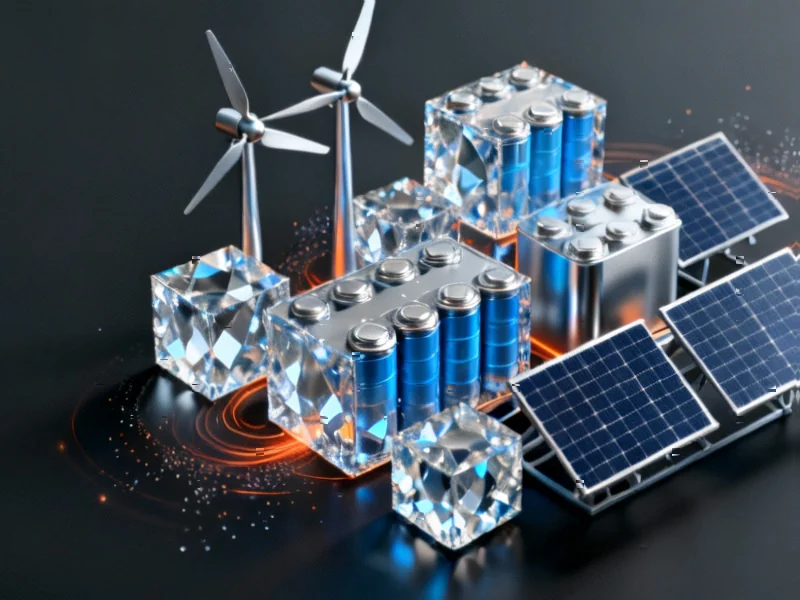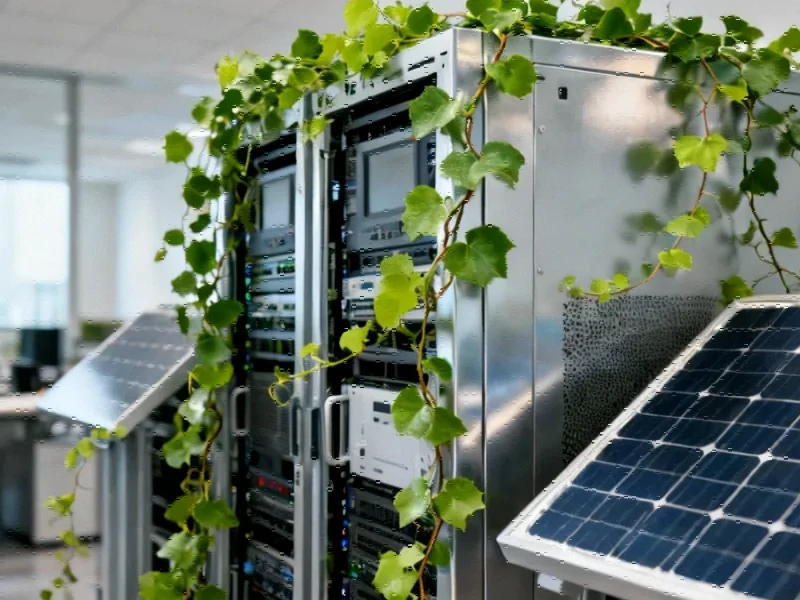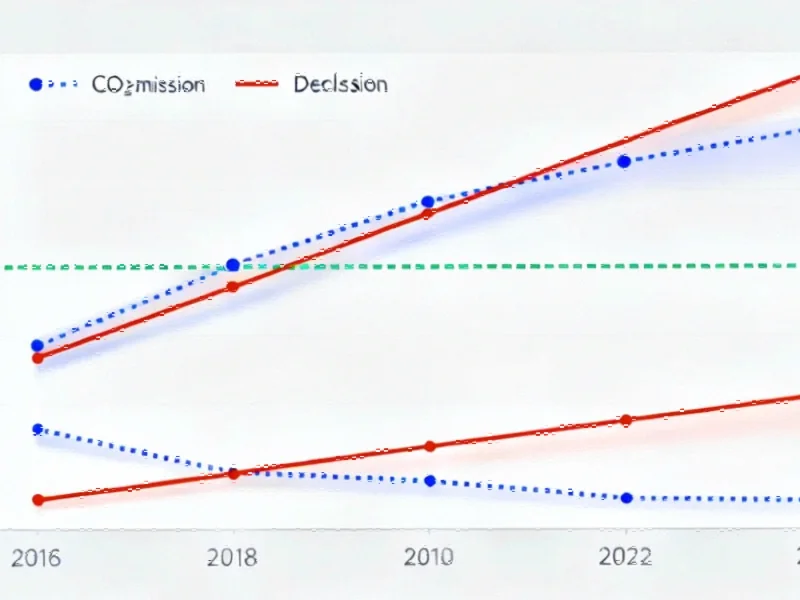Europe’s 6G Revolution: Building Networks That Serve People and Planet
Europe is taking a radically different approach to 6G development, prioritizing societal values and environmental sustainability over pure technical performance. The 6G4Society project represents a fundamental shift in how we measure technological progress.
According to Innovation News Network, E
